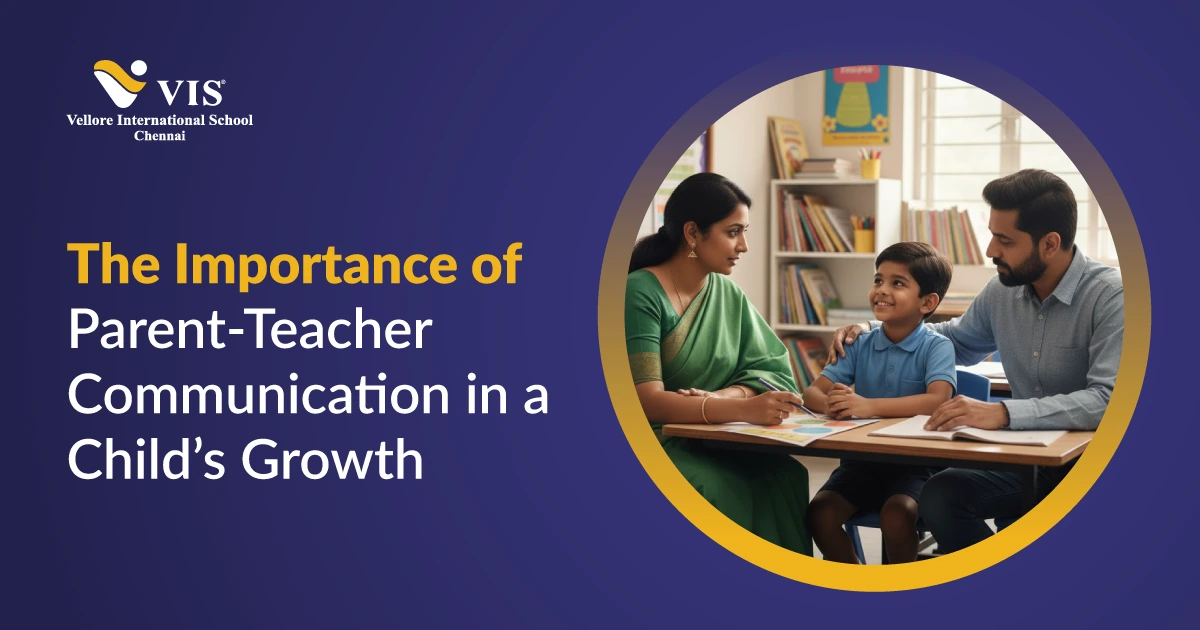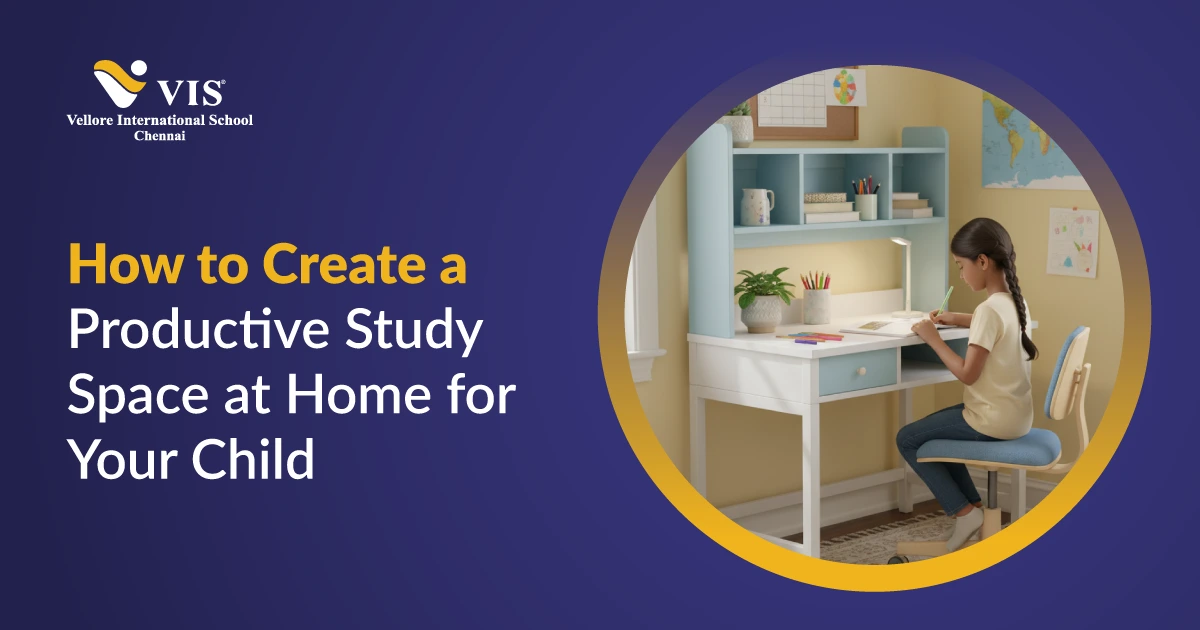Every parent dreams of seeing their child happy, confident, and passionate about life. Yet one of the biggest challenges most parents face is identifying what truly excites their child. At a young age, children are full of curiosity, they imitate adults and show sparks of unique talents. The question is: how do we, as parents and educators, recognise these sparks early on?
Finding a child’s interest is not about forcing them into activities or projecting our own ambitions onto them. Instead, it’s about gently observing, guiding, and nurturing their natural inclinations. In this blog, we’ll explore practical strategies to help parents and teachers discover what excites young learners.
Why It’s Important to Identify Interests Early
Children who discover their interests early tend to develop:
- Better focus: They spend more time practising something they love.
- Higher self-esteem: Passion fuels confidence.
- Stronger skills: Interests encourage consistent practice, leading to mastery.
- Career clarity later in life: Early exposure gives them direction.
When parents invest in finding a child’s interest during the formative years, they are essentially building the foundation of a purposeful and joyful future.
Signs That Help in Finding A Child’s Interest
1. Observation of Daily Activities
One of the simplest yet most powerful ways to identify a child’s natural inclination is to observe what they do during free time. When left unstructured, children instinctively gravitate toward activities they enjoy.
A child who spends hours sketching or colouring may have a creative streak, while one who builds with blocks might be drawn to engineering or design. Similarly, a child who loves telling stories may have a gift for communication or performing arts. These daily patterns are reliable clues in finding a child’s interest at an early stage.
2. Consistent Curiosity
Children are naturally curious, but if your child shows repeated interest in a particular subject, like asking countless questions about stars, vehicles, or wildlife, it could signal a deeper passion.
This kind of consistent curiosity goes beyond temporary fascination and points toward areas that might evolve into strong future interests.
3. Excitement During Certain Tasks
Watch for those moments when your child’s face lights up. It could be during a dance class, reading a storybook, or solving puzzles. Excitement is one of the clearest indicators of genuine interest because children rarely hide their emotions. That spark of joy often reveals where their energy and focus truly lie.
4. Problem Solving Approach
Some children thrive on challenges. They enjoy fixing broken toys, experimenting with new recipes, or cracking riddles. Their persistence and creativity in approaching problems can reveal a natural inclination toward analytical thinking, science, or innovation.
5. Peer Influence vs. Genuine Passion
It’s common for children to mimic their friends, but parents must carefully distinguish between temporary copying and true passion. Genuine interests continue even when peers move on, while copied habits tend to fade. Recognising this difference ensures parents nurture lasting strengths instead of fleeting trends.
Strategies for Finding a Child’s Interest at an Early Age
1. Provide Diverse Exposure
Children can only discover what they like when given multiple opportunities. Introduce them to art, music, sports, reading, science experiments, and cultural activities. This broad exposure helps them experience different fields and gives parents a chance to observe what excites them most.
For example, a child who loves spending time in the garden observing plants and insects might later develop an interest in biology, environmental science, or sustainable living.
2. Avoid Pressuring
One of the biggest mistakes parents make while finding their child’s interest is forcing children into activities they personally value. True passion cannot be manufactured through pressure. Instead, let children experiment and choose. Avoid projecting unfulfilled dreams onto them, as this often discourages genuine exploration.
3. Encourage Play Based Learning
Play is a natural window into a child’s talents. Role playing games, puzzles, board games, or outdoor activities reveal unique strengths, like creativity, problem solving, or teamwork. Through play, children unconsciously express what they enjoy most.
4. Introduce Role Models
Children often look up to real world heroes. By sharing stories of scientists, athletes, artists, or entrepreneurs, parents can help children imagine themselves in similar roles. Role models serve as inspiration, motivating them to pursue their own dreams.
5. Journaling and Reflection
Encouraging children to draw or write about their favourite activities helps track their evolving interests. Over time, patterns emerge, showing consistency in what they love to do. This practice also teaches self-awareness.
6. Celebrate Small Wins
Every small achievement deserves recognition. Applauding their painting, puzzle-solving, or storytelling builds confidence. Celebrating milestones, no matter how small, motivates them to keep exploring and refining their skills.
Together, these strategies create a supportive environment for finding a child’s interest in a natural, joyful way.
Benefits of Finding a Child’s Interest Early
1) Academic Growth
When a child’s learning is connected to something they genuinely enjoy, the results are remarkable. Passion makes difficult subjects easier to grasp because children approach them with curiosity instead of pressure.
For example, a child who loves stories may develop stronger reading and writing skills, while one interested in numbers may excel in mathematics.
2) Confidence Boost
Every child longs to feel accomplished. When they pursue something they love, whether it’s music, art, or science, they experience small wins that build self-belief. These achievements create a cycle of motivation and resilience, encouraging them to keep going even when challenges arise.
3) Reduced Screen Dependency
One of the biggest struggles for modern parents is managing screen time. By finding a child’s interest, parents can provide natural alternatives to gadgets. Engaging in hobbies like painting, cycling, or playing an instrument keeps children meaningfully occupied.
4) Emotional Well-Being
Interests are more than activities. They are safe outlets for stress. Creative hobbies like sketching or outdoor sports help children regulate emotions, improve focus, and maintain balance.
5) Future Readiness
When discovered early, interests can grow into career paths. A child passionate about coding today could be tomorrow’s innovator. Early discovery lays the foundation for a purposeful future.
Parental Role in Finding a Child’s Interest
Parents are the first guides in a child’s journey. Here’s how they can actively help:
- Listen deeply: Instead of dismissing their “silly” passions, give importance to what excites them.
- Create opportunities: Provide materials, enrol in classes, or visit museums to nurture curiosity.
- Be patient: Interests evolve. Today it may be painting, tomorrow robotics. Flexibility is key.
- Model passion: When children see parents pursuing hobbies, they naturally value interests more.
Remember, finding a child’s interest is not a one-time event. It’s a continuous process that requires patience and encouragement.
Common Mistakes Parents Make
- Confusing Talent with Interest: Just because a child is good at math doesn’t mean they love it. Interests are about enjoyment, not just ability.
- Over Scheduling Activities: Filling every hour with classes can overwhelm children. Balance is vital.
- Comparing with Other Children: Every child is unique; comparison often kills natural curiosity.
- Expecting Instant Results: Interests grow slowly; don’t expect mastery in weeks.
Teacher’s Role in Identifying Interests
Teachers spend long hours with children and can notice learning patterns parents might miss.
- They can identify students who enjoy group work versus independent tasks.
- They can recommend extra activities to nurture observed talents.
- Schools that integrate arts, sports, and STEM activities help uncover hidden passions.
The Role of Schools: Vellore International School
One of the most important environments where children discover their interests is school. A progressive institution like Vellore International School (VIS) ensures that education goes beyond textbooks. VIS blends academics with co-curricular activities such as sports, music, arts, robotics, and public speaking.
With our holistic approach, the school provides opportunities for children to explore multiple fields before settling on their true passions. The nurturing atmosphere and dedicated mentors encourage children to try new things without fear of failure.
Final Thoughts
Parenting in the modern world is not about dictating a child’s path but about helping them find their own. Finding a child’s interest at a young age is one of the most rewarding gifts you can give your child. By observing, encouraging, and providing the right environment, you ensure they grow into confident, passionate individuals.
Schools like Vellore International School add to this journey by creating diverse opportunities for children to explore talents in a safe and nurturing environment. With patient guidance from parents and supportive schools, every child can discover what makes their heart sing. The earlier we begin the journey of finding, the brighter the future will be for our children.
FAQs:
1. How can parents start finding a child’s interest at an early age?
Parents can start by observing their child’s daily activities, noticing what excites them, and giving them exposure to different hobbies like art, sports, reading, or music. Encouraging exploration without pressure is the first step in finding a child’s interest.
2. Why is finding a child’s interest important for their future?
Finding a child’s interest early helps children build confidence, stay motivated, and develop skills they truly enjoy. It also makes learning more meaningful and can guide them toward better career choices in the future.
3. What role do schools play in finding a child’s interest?
Schools provide structured opportunities for children to explore academics, sports, arts, and technology. Institutions like Vellore International School create an environment where students are encouraged to try new things, making the process of finding a child’s interest more effective.
4. How do I know if my child’s interest is genuine or just peer influence?
Genuine interests last beyond trends and peer pressure. If your child consistently enjoys an activity, talks about it often, and shows excitement even when alone, it’s a strong sign of genuine passion.
5. Can finding a child’s interest help reduce screen time for kids?
Yes. When children are engaged in meaningful activities they love, they naturally spend less time on screens. Pursuing hobbies like reading, painting, or outdoor sports replaces idle screen time with productive engagement.


























